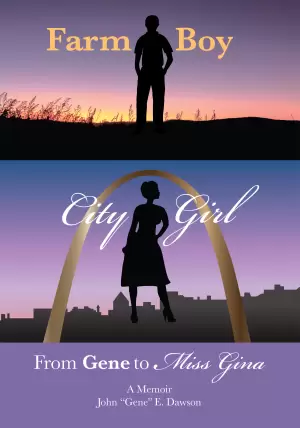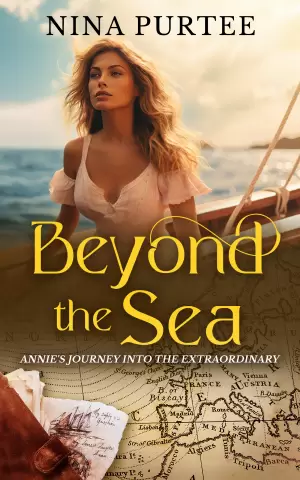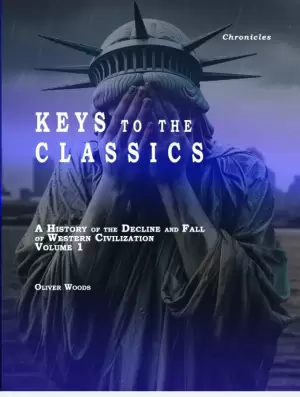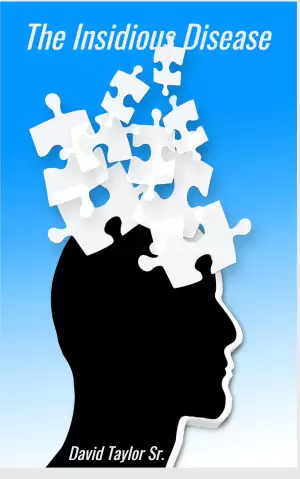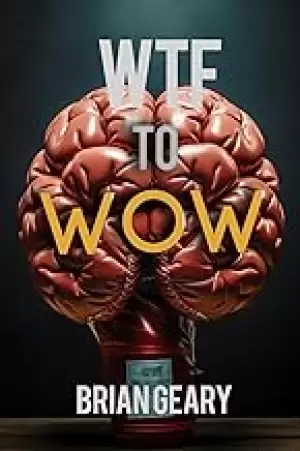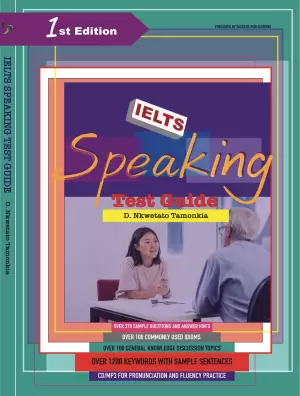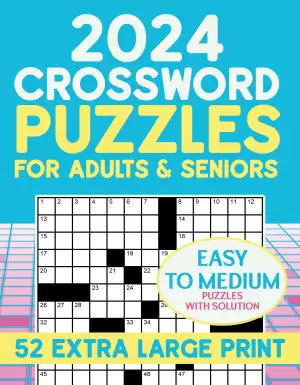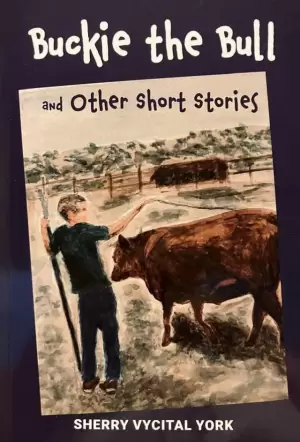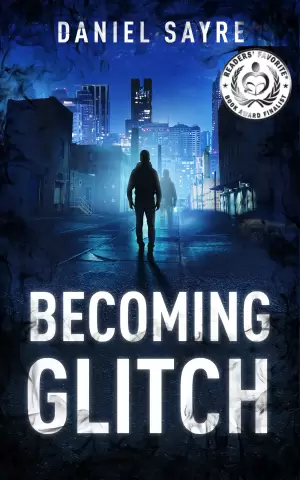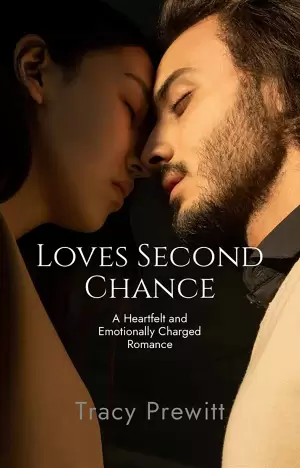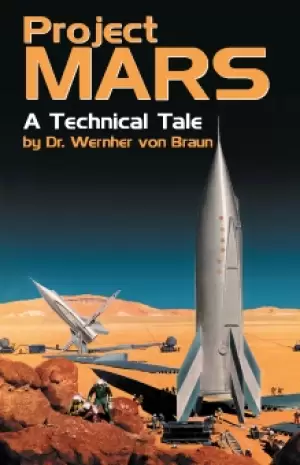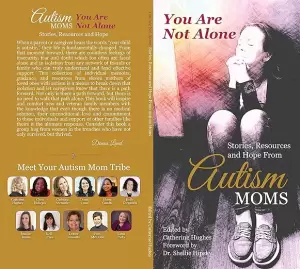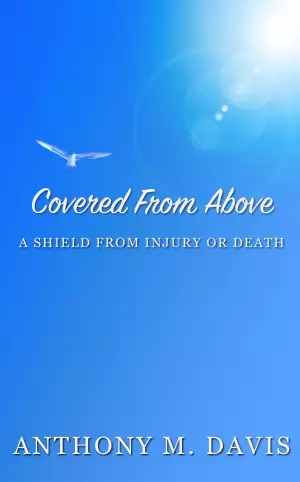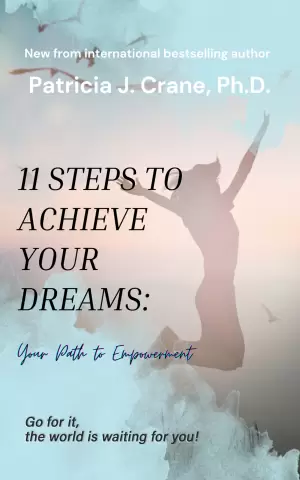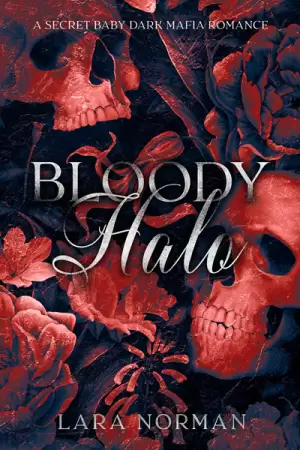‘One choice decides your friends, defines your beliefs and determines your loyalties… forever.
When sixteen-year-old Tris makes her choice, she cannot foresee how drastically her life will change. Or that the perfect society in which she lives in about to unfold into a dystopian world of electrifying decisions, stunning consequences, heartbreaking betrayals and unexpected romance.
One choice can transform you.’
So, I expect most of you have heard about (and already read) Divergent. It is the hottest YA debut novel of 2011 (well so far); and already had a huge following months before it even came out; being hailed as the next Hunger Games was more than enough to strike a fever among hoards of fans. As it’s a dystopian novel, (my very favourite genre), I was also waiting in anticipation for its release.
Now, let me start by saying that the Hunger Games are good. Very good. But it isn’t, in my opinion, the best dystopian series out there, though it comes pretty close and is possibly the most well-known. Hands down, Patrick Ness’s Chaos Walking trilogy is far superior to the Hunger Games *ducks as crazed fans shake their fists and throw something at my head*. So while Divergent was a highly enjoyable read, I didn’t feel it was as good at the Hunger Games and it was nowhere near as good as the Chaos Walking series. Perhaps it is unfair of me to compare Divergent in this way, but after all the hype and the marketing surrounding it, I guess it was somewhat inevitable. Ultimately I feel that while this marketing tactic generated a lot of interest (and no doubt caused sales to go through the roof) the unbelievably high expectations placed on Divergent might have done more harm than good. Could it ever, really, have lived up to all the hype?
Well I guess that really depends on the reader.
I enjoyed Divergent but I don’t think it was as quite as good as it was made out to be.
Before I get into my (long – sorry guys!) review properly, I want to take a moment to comment on the synopsis. It’s just a little cheesy. I wish they had cut out the middle part completely; it reads too much like a generic dystopian tick list. Look see, this book has this and this and this. It doesn’t tell me anything, other than being exactly what I expected from a book of this genre. ‘One choice can transform you’ is perfect and all that was needed to have an impact and catch my interest.
A quick run down on the society in Divergent – everyone is divided into one of five fractions and each one embodies a different moral ideal:
- Dauntless (value bravery – police/guards/soldiers)
- Abnegation (value selflessness – political leaders)
- Amity (value peace – doctors)
- Candor (value honesty – lawyers)
- Erudite (value knowledge – teachers/professors)
Though everyone grows up in a particular fraction, at the age of sixteen everyone gets to choose where they feel they belong, but the consequence of joining a new fraction is that you have to leave your family and old life behind, completely. Fractions do not tend to mix and there was a sense of growing discord between them (apart from possibly Amity – which is the least developed fraction in the first book and one we barely learn anything about), throughout, which forms an important part of the story-line. I found the concept of the fractions intriguing and pretty unique amongst the many dystopian novels appearing right not – but I was left with a lot of questions. I don’t know if this was intentional (I hope so), or just shaky world building by Roth.
Firstly, there are aptitude tests that everyone takes to help determine which fraction he or she is best suited to, on the premise that each person only adheres to one of those five characteristics. Beatrice (Tris) is unusual because her results show she is divergent and actually embodies several of them. This immediately puts her in danger – though we don’t yet know why. I have to say I was hooked at this point – a strangely ordered society with a main protagonist who doesn’t fit into the system, rendering her a potential danger to that whole system? That was an exciting and potentially brilliant idea and I couldn’t wait to find out where Roth would take it. However, I did have to wonder why it was that Tris was so unusual. It’s too simple and just plain strange to have everyone easily predisposed to just have one of only five characteristics. For a novel that, presumably, wants to explore human nature, Roth’s characters and world simply doesn’t seem complex enough. I kept waiting to find out what happened to these people to make them so… basic, so genetically disposed to only one trait. Divergent takes place in our world, sometime in the future, so what has happened to so drastically alter human nature? How is it that Tris is the only person who is divergent? Surely almost everyone would have more than one of these core values as part of their personality?
I liked Tris well enough (though her constant reminders that she was selfish and not good enough for Abnegation did get very annoying very quickly). I liked how stubborn she was, her confusion over which fraction she should choose, her doubts and fears that she is strong enough to pass initiation, her exhilaration at the freedom she finds at Dauntless after 17 years at Abnegation – but I couldn’t help but think she was a little… unintelligent at times, or perhaps just self-centered.
She is confused and angry at the way Four acts towards her in front of their class compared to when they were alone (the reasons to which I would have thought were highly obvious if she wanted any chance of being accepted as Dauntless), there are many instances when she should have been questioning what was happening around her but she never does. Several times it is hinted at, or she is even directly told by another character that she is in danger, that there is something very wrong but she ignores it, too wrapped up in herself and her obsessive determination to be a part of Dauntless. It takes her to the very end of the book to figure out something vitally important that the reader worked out 300 pages previously. She makes stupid choices. On the one hand she detests unfairness and bigotry, but then fails to recognise the same traits in herself, judging others and looking down her nose at other fractions (her opinion of Erudite really annoyed me). She doesn’t seem to care all that much about her friends and, as she keeps telling us, is pretty selfish. At least she recognises that flaw I guess. All this didn’t add up to her being a bad person exactly and generally I like a character with flaws, but I couldn’t warm to her. I hoped, being divergent, she would strive more to find out what it meant, why she was in danger, or question the structure of their society. But Tris is utterly loyal to her choice of fraction (even obsessively so) and the system. We are told she is brave, talented and has the ability to think differently, perhaps unite the fractions but I saw little evidence of that.
Apart from being aware that Divergent takes place in a futuristic, seemingly run-down, Chicago, there is no mention of the outside world. What happened exactly? We are briefly told there was a war, which resulted in the fractions being created with an aim to an equal and just society, but that’s it. Why are none of the characters curious about their own history? Was everywhere aside from Chicago destroyed? If so – how and why? What was the war about? Who fought it? If there are other societies outside Chicago are they also shut of from each other? Is each city, or each country divided into the same fractions? If so – why don’t they communicate with one another? Tris mentions that the Dauntless guards patrol the fence to protect that from outside dangers – but no one ever asks what these dangers are. She notices the fence is locked from the outside as though to keep people in rather than something out, but neither she, nor anyone else stops to wonder why. We know the fractions don’t get along – so why does no one question if they work as a way of life anymore? Why don’t fractions mix? Why isn’t Tris asking these questions!!?!
I enjoyed the time Roth took to show the initiation process and the various tests the characters had to go through to become Dauntless. (Although – why was it set up so that so many people could potentially become fractionless? Wouldn’t it be in the best interests of society for people to have a fraction? Sorry – more questions!) The pacing of the novel worked well for me until the last few chapters – then it suddenly exploded with action! Plot wise this was exciting, but it did feel rushed – looking back, I would have preferred to have cut down on some of the initiation scenes in the middle and spent more time building up the events at the end. I also would have liked to have read more about Caleb and his induction into his new fraction and what he learns while he is there – I think I read somewhere that Roth did write some of the story from Caleb’s point of view but it didn’t work – which is fair enough – though I do hope that we get to learn more of his story in future books, and much more about the other fractions. A switching narrative between characters in different fractions is something I would love to see!
I’m aware this reads like a pretty negative review – which really isn’t my intention as I did find Divergent a good read. The story kept me engaged throughout, I love the idea of the fractions and I’m eager to read the next book. Sadly, I didn’t warm to Tris that much, I was far more invested in Will, Christina and Uriah’s stories than hers, but this didn’t make me any less curious to find out what was going on and I appreciated a female protagonist who had imperfections. One area that I felt was very well written was the relationship between Tris and Four (who I especially liked – despite being too mysterious). It was built up in a realistic, believable way, with some great scenes between them – until the end where, again, everything was just too rushed and a bit chaotic.
Parts needed to be tightened up, but praise where praise is due, Roth, a fairly young author, has written a very strong debut, a definite page-turner, with a unique premise for a dystopian world, one that I am impatient to learn more about – I have high hopes that the things I found lacking in this first book will be revisited, or were intentionally left unanswered as part of bigger story arc in books two and three.
Recommended Reading Age: 16+

